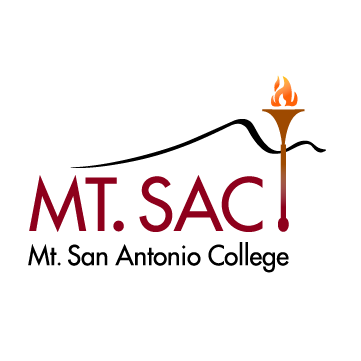Transfer Networks
“Fostering Transfer Networks and Data Sharing between Higher Education Institution
Partners”
Funded by the National Science Foundation’s program for Hispanic-Serving Institutions:
Equitable Transformation in STEM Education (ETSE)
Physics and Engineering has recently received a National Science Foundation award for a project that aims to impact the transfer of engineering students at Mt. SAC and throughout California.
Transforming Community College Engineering Transfer Networks and Data Sharing Through
Research (TRANSCEND)
This NSF HSI EFRT program proposal will strengthen engineering education and broadening participation
in Science, Technology, Engineering, and Mathematics (STEM) research at Mt. San Antonio
College (Mt. SAC), through an intentional collaboration with research partners at
Hispanic Serving Institutions. Activities in this proposal are designed to 1) characterize
the lived experiences of community college STEM students in degree programs, 2) establish
agreements to share STEM transfer student data and transfer partnership structures,
and 3) foster a reciprocal community of research-practitioners at Mt. SAC, within
a larger network of scholars. In addition, this research will build upon previously
funded engineering educational research and STEM transfer network partnerships.
Intellectual merit
The results of this proposed study will advance knowledge by conducting a mixed-methods
inquiry of the time use and course-taking patterns of community college STEM students
in associate degree programs and transfer pathways across multiple institutions; an
area that is lacking in the broader body of research knowledge. In addition, this
proposal will yield a longitudinal STEM transfer student database, and will allow
researchers to track STEM student progress from enrollment in community colleges and
to bachelor's degree attainment. Findings from this project will add to our understanding
of community college transfer students, pre-transfer course-taking patterns, persistence
in STEM, time-to-degree, the transfer function of higher education, and the network
of structures that contribute to STEM student success. A focus on STEM transfer students
will extend the analysis of previous broadening participation research. Finally,
this proposal will provide unique opportunities for community college and university
faculty to collaborate on improving transfer programs, discipline-specific transfer
student support, and career preparation.
Broader Impacts
Individuals employed in the STEM sector perform critical roles in our technology-driven
economy and national supply chain infrastructure; and STEM transfer students are an
underutilized candidate population. Despite the combined size of the California Community
College (CCC), California State University (CSU), and University of California (UC)
systems together, only 23% of CCC students successfully transfer to a California public
university within 4 years. Numerous California state assembly bills and educational
policies have sought to address the specific challenges faced by STEM transfer students.
This proposal has the potential to inform education policy and impact STEM transfer
pathway designs, which will improve STEM transfer and graduation in California. Moreover,
community colleges represent one of largest sources of underserved domestic talent.
STEM transfer student success would improve the global competitiveness of related-industries
and reduce our nation’s dependence on immigrant labor. Finally, findings from this
proposal are poised to expand shared data on the experiences of STEM transfer students
through new findings, contributions to shared databases, and connections a larger
network of STEM education researchers.
NSF acknowledgment and award number – This material is based upon work supported by the National Science Foundation (NSF) Advanced Technical Education program Award Number 2450069. Any opinions, findings, and conclusions or recommendations expressed in this material are those of the author(s) and do not reflect the view of the NSF.




